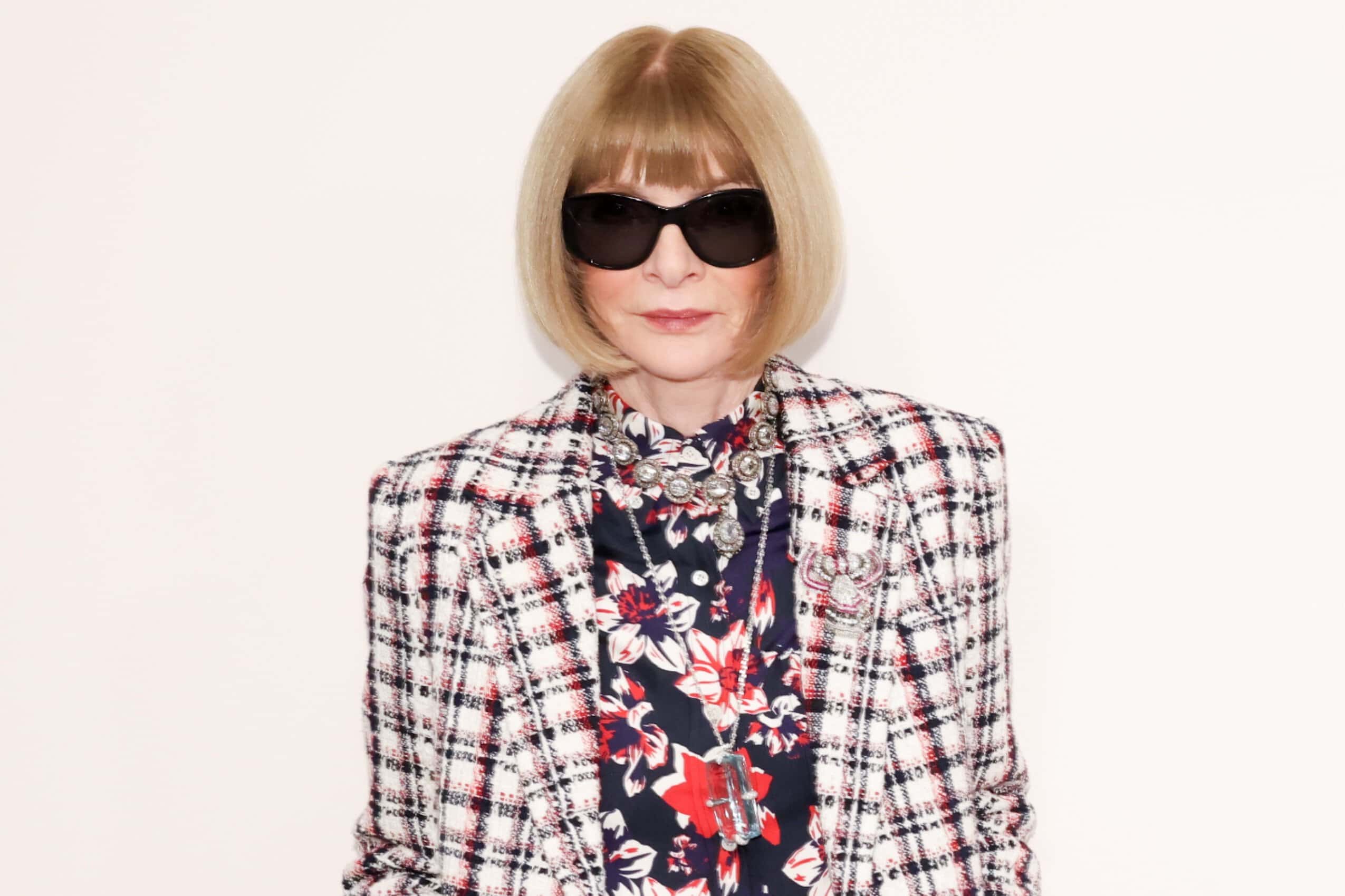For both the press and the public, this means proof of vaccination and mask wearing, but with the public returning to the festival’s accustomed venues at Lincoln Center. At the press screenings I attended, no concessions were sold and even water and coffee from outside were disallowed, as announcements at every screening sternly advised. While these minor inconveniences were easily accepted, it seemed to me that the numbers of people attending the screenings were less than in pre-pandemic times, perhaps because any critics still wary of entering the Walter Reade Theater in many cases have the option of watching films at home, via screener links. Having watched every film I reported on last year that way, I was glad to be watching this year’s films up on the big screen, surrounded by other cinephiles, even without coffee.
Other major 2021 festivals that occurred before the NYFF—Venice, Telluride, Toronto—did so with all the familiar protocols in place and encountered few problems, either in terms of attendee pushback or resultant viral surges. In terms of programming, the resurrected festival that had the most impact on New York was, of course, Cannes. When the taste-making French festival was canceled in 2020, it left New York and other festivals without the pipeline of new arthouse favorites that usually fill their programs. Having long found the NYFF’s reliance on Cannes’ lead excessive, I regretted not seeing more independence and idiosyncrasy in last year’s programming, which I called undernourished.
This year, the nourishment was back, in the form of a return to a reliance on French precedent. Nearly two-thirds of the NYFF’s Main Slate are films that launched at Cannes. In part, this was as beneficial as it was expected: With many films backlogged from 2020 added to those finished in 2021, the Cannes programmers had a bountiful crop to choose from, and their highlights—the good, the fashionable and the dubious—were duly passed along to New York.
As usual, this means a preponderance of auteur films from countries that the NYFF has traditionally favored. Rather surprising was the relatively small number of French titles, as well as the proclamation of a “resurgent” Italian cinema that wasn’t backed up by any particularly impressive on-screen evidence. As in the past, the NYFF’s selection committee—led by festival director Eugene Hernandez and programming director Dennis Lim—made a few quirky departures from the French party line. Asghar Farhadi’s “A Hero” was one of the most acclaimed films at Cannes, but it’s nowhere in the lineup at the NYFF, which hasn’t shown a film by the double-Oscar-winning Iranian since 2011’s “A Separation.”
You can view the original article HERE.
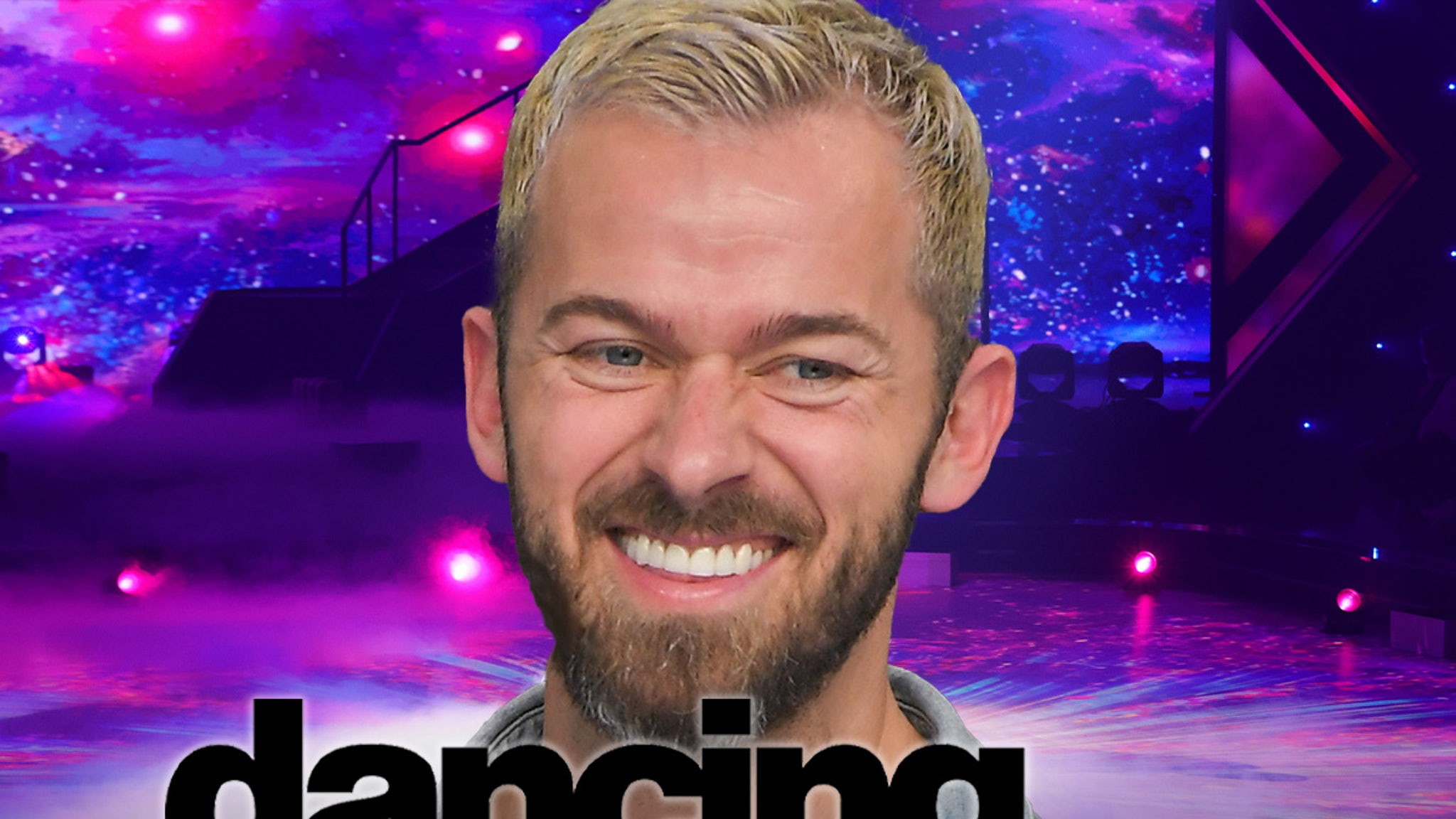

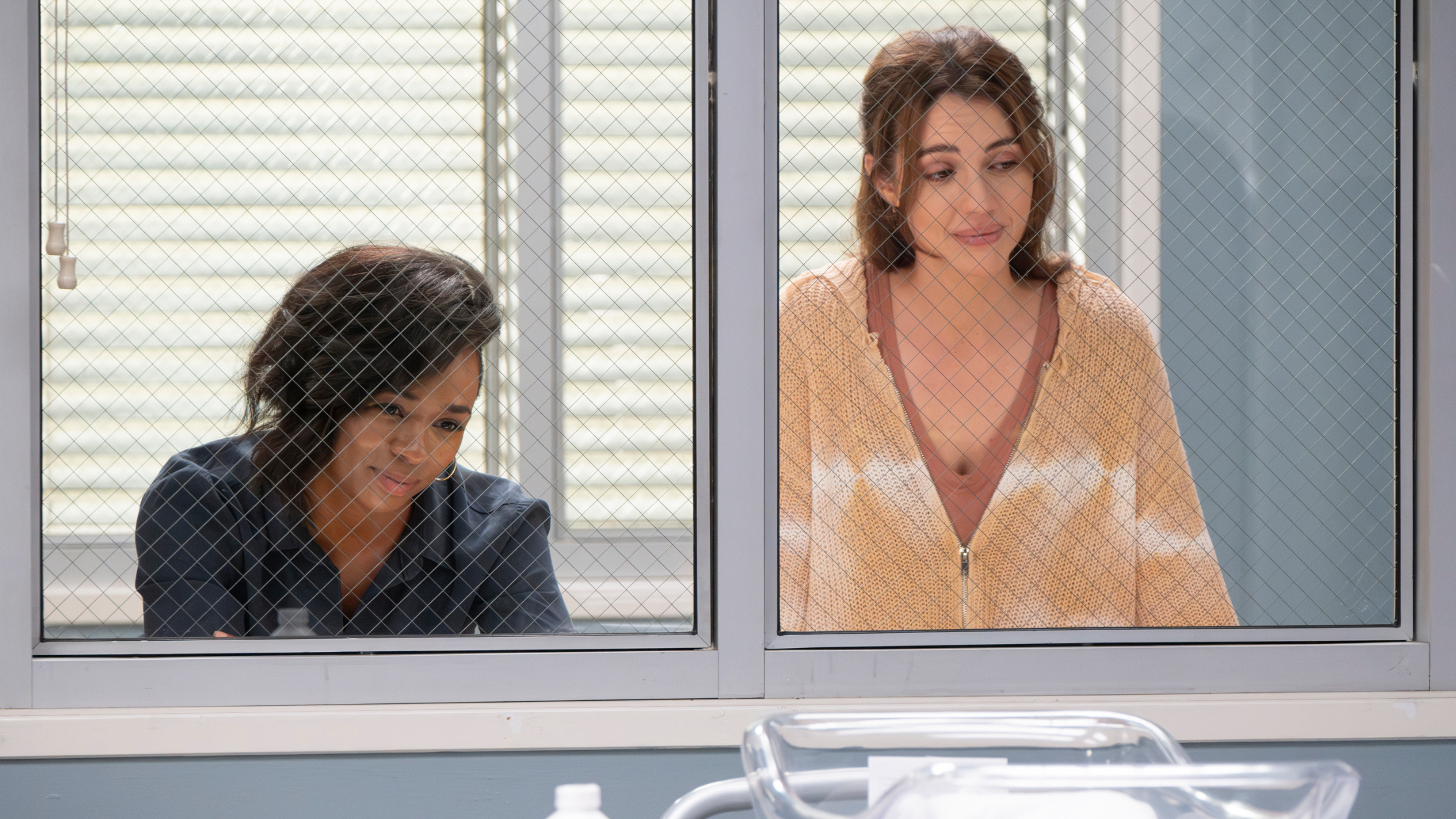

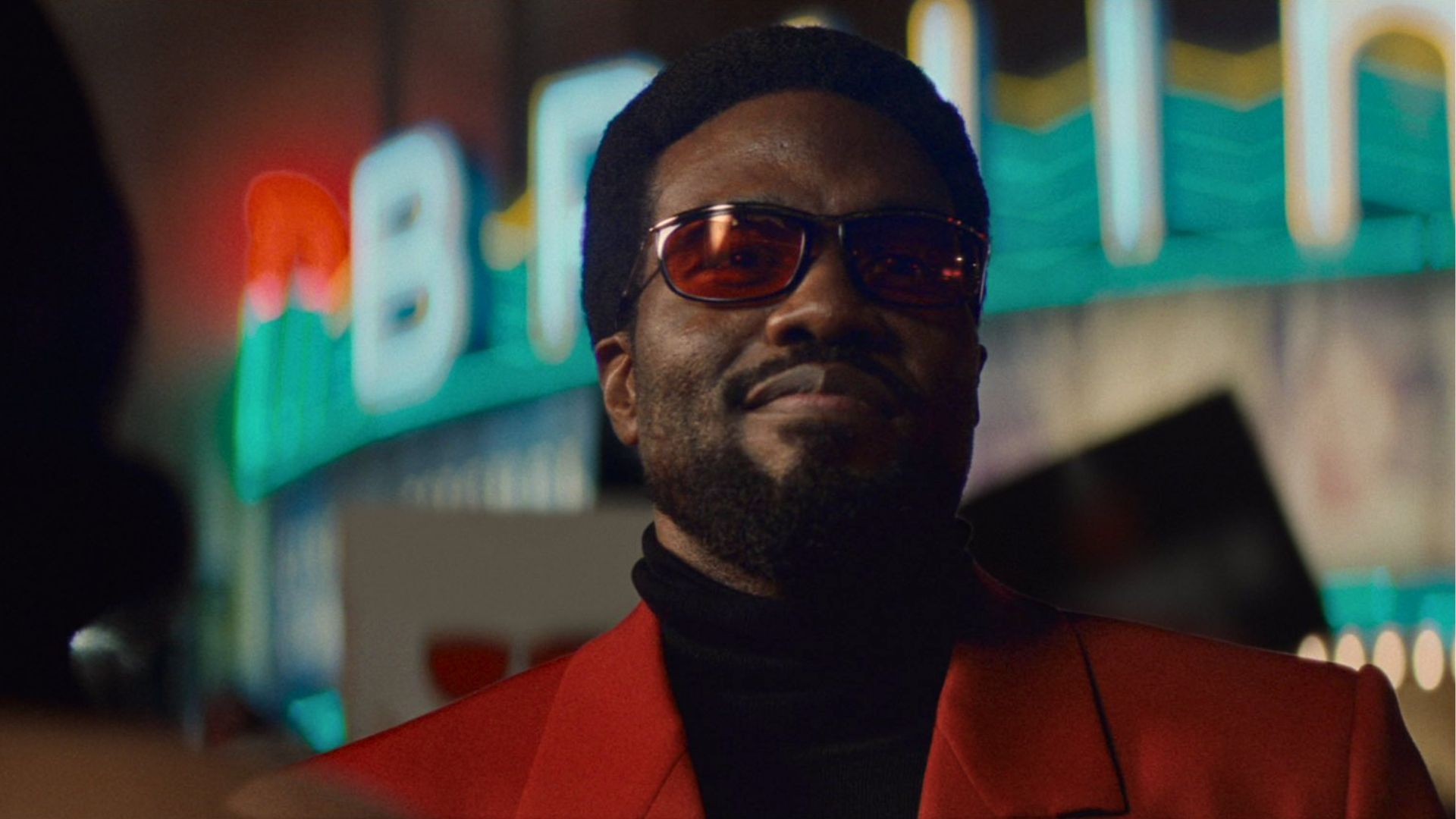


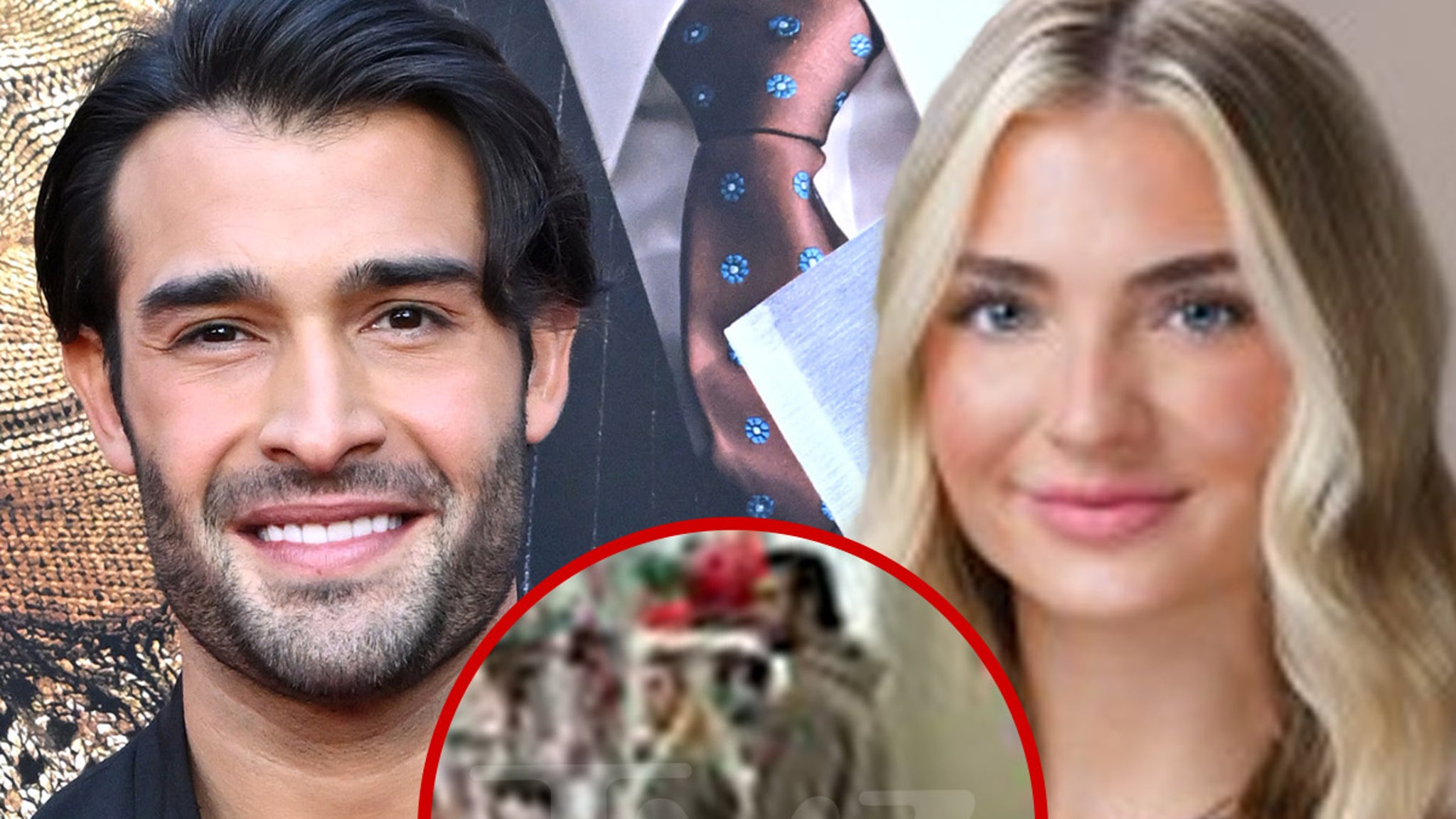

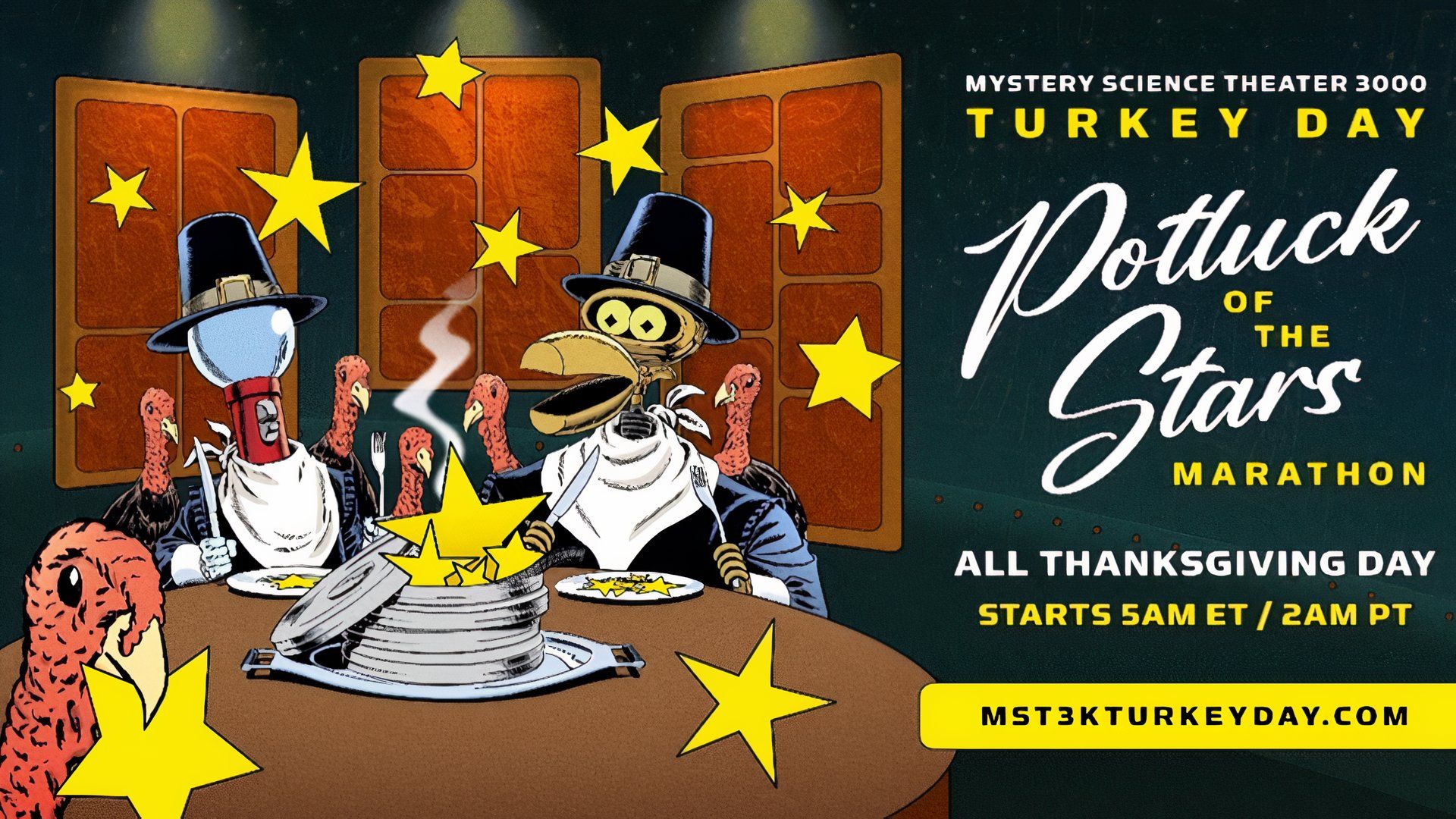

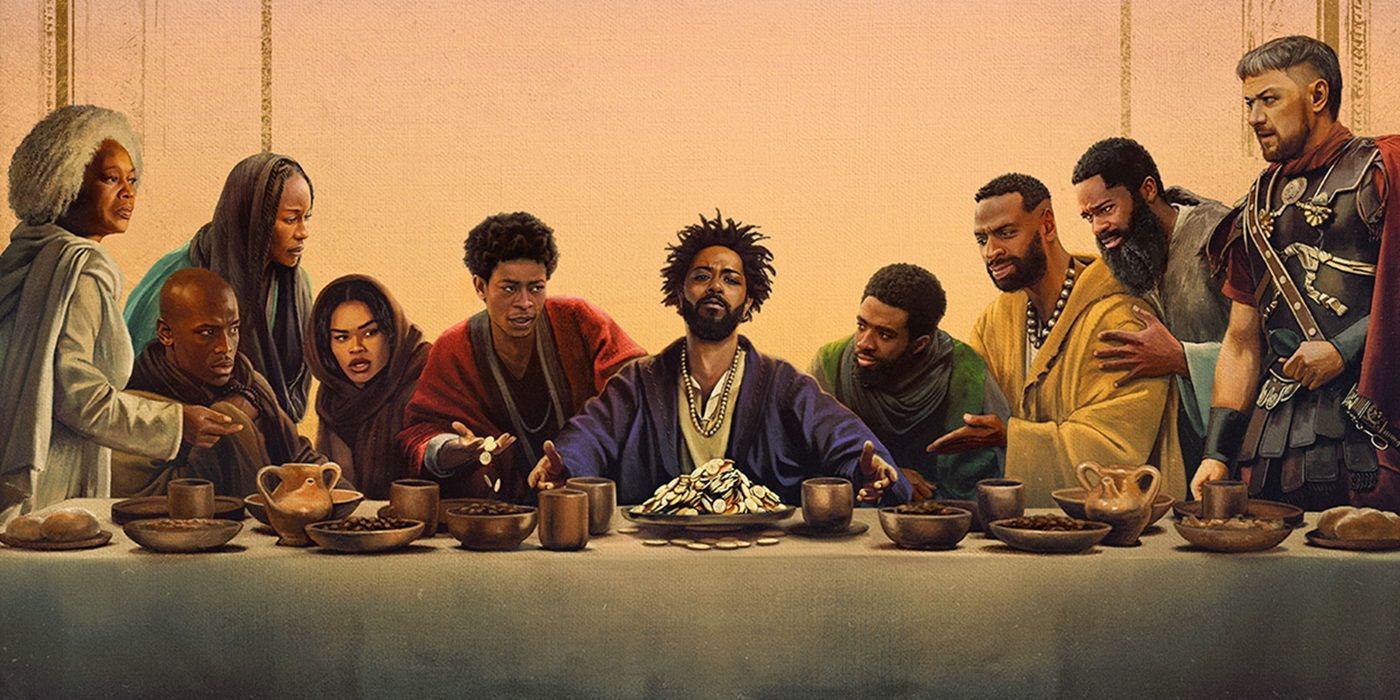
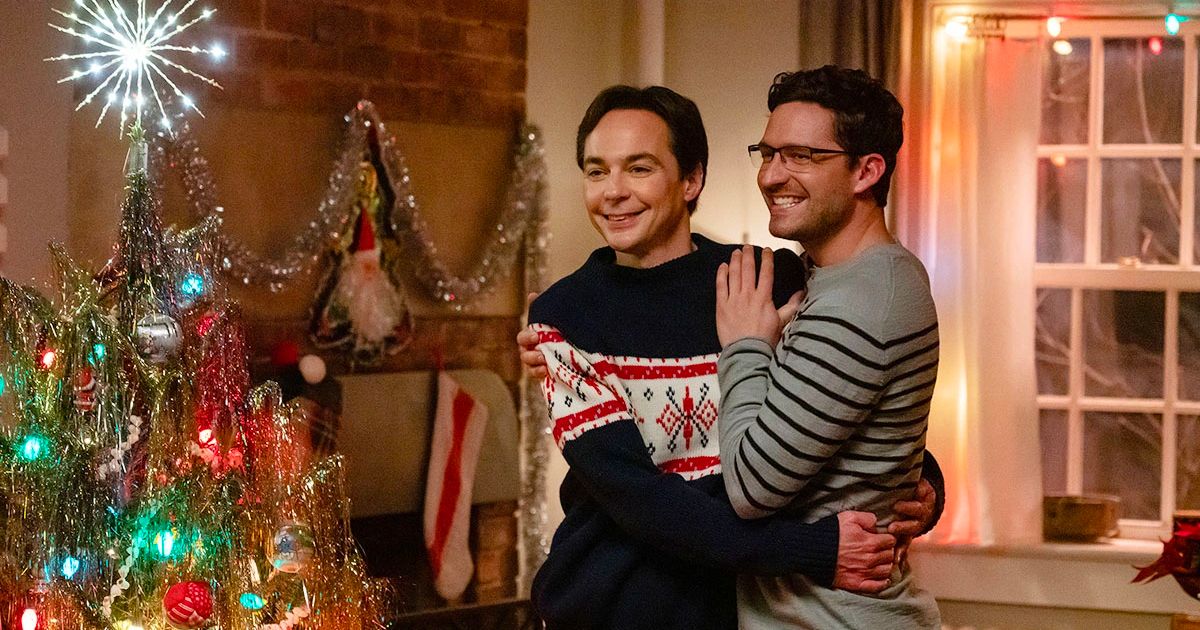


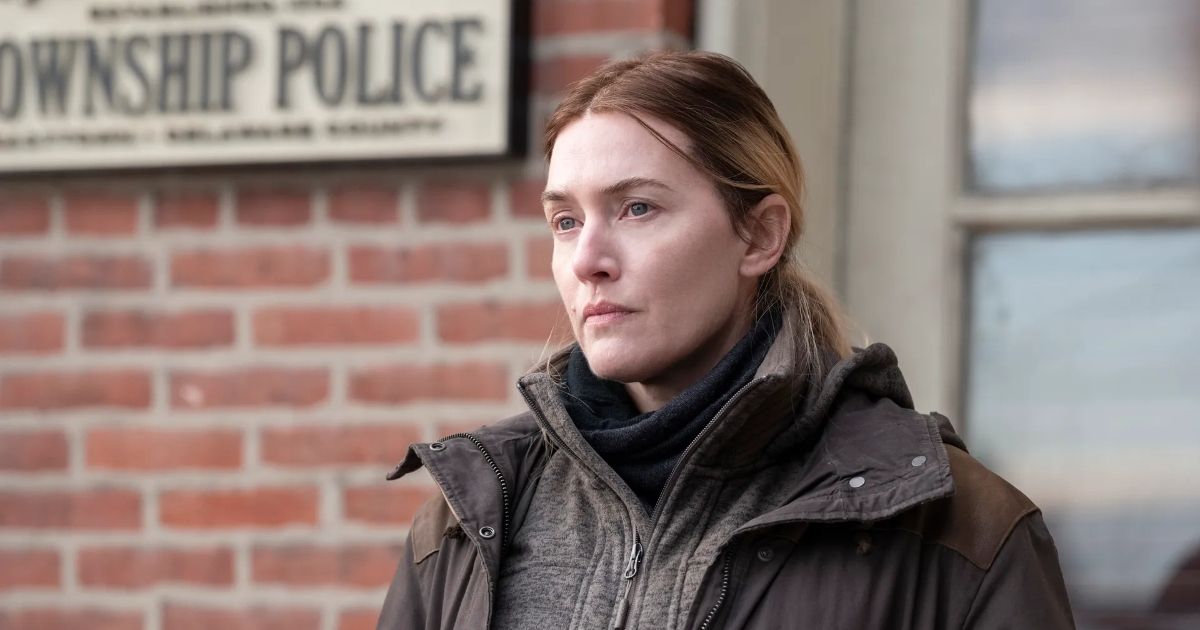


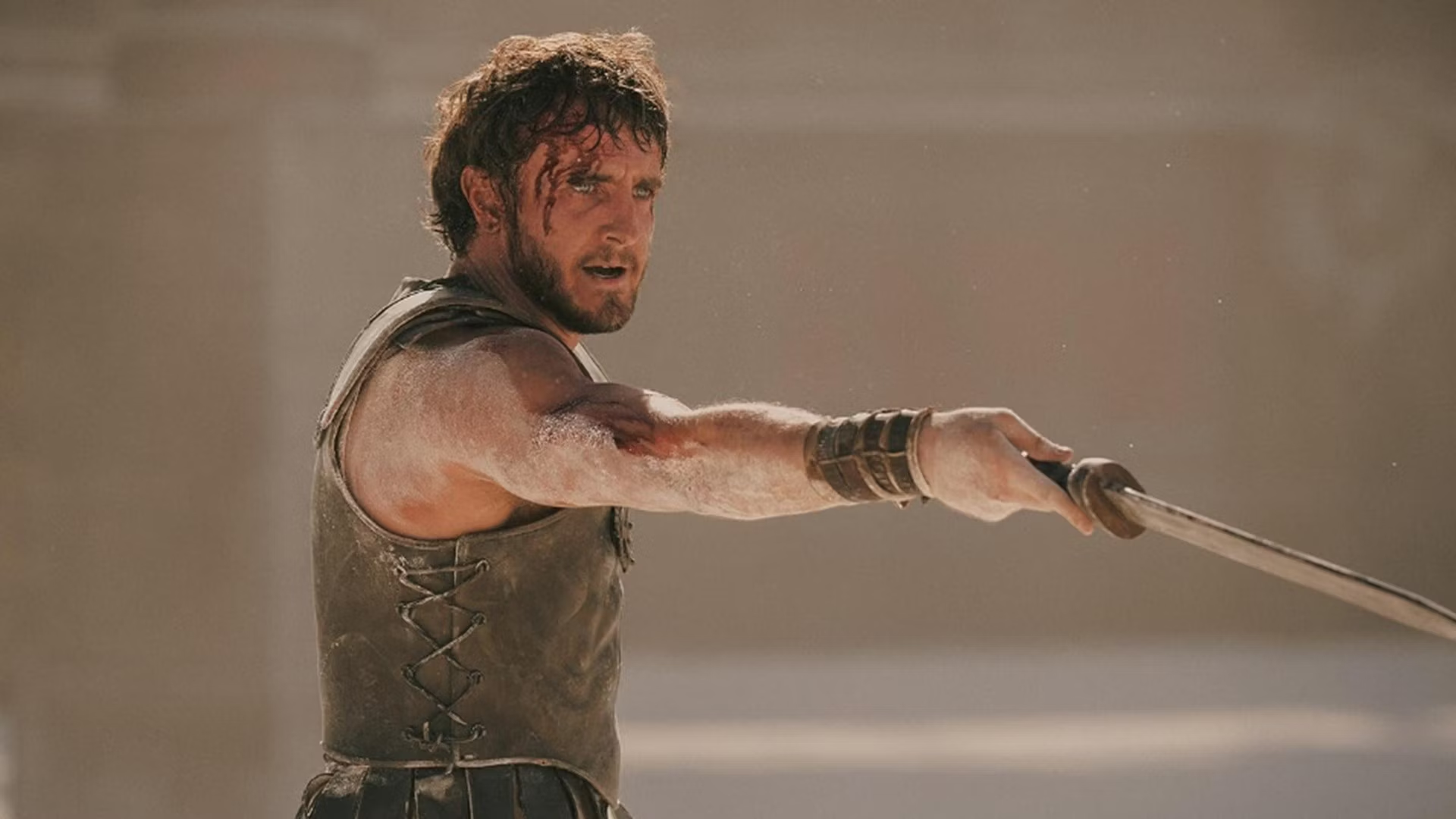

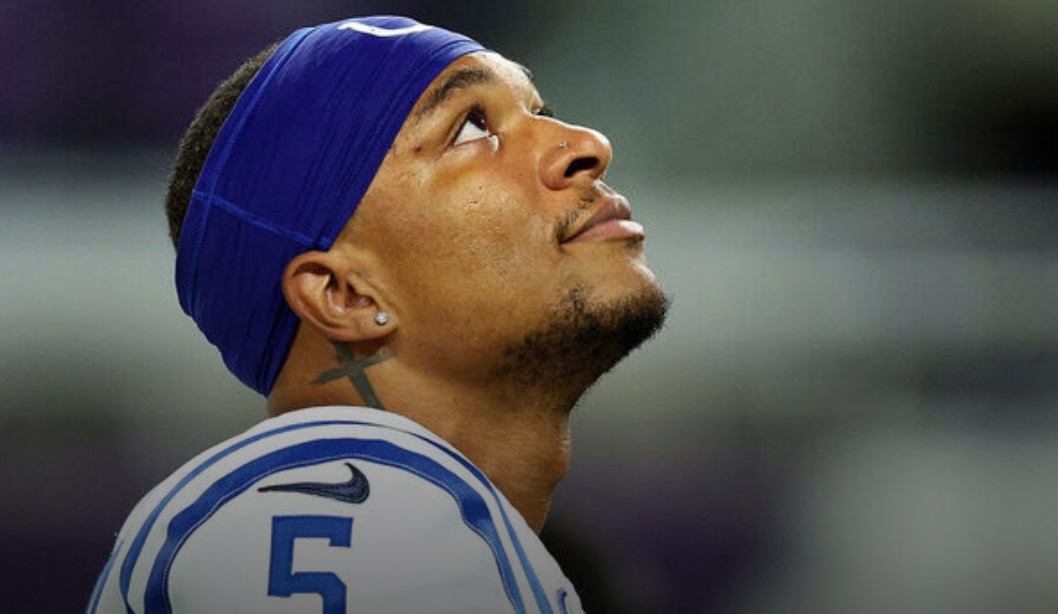

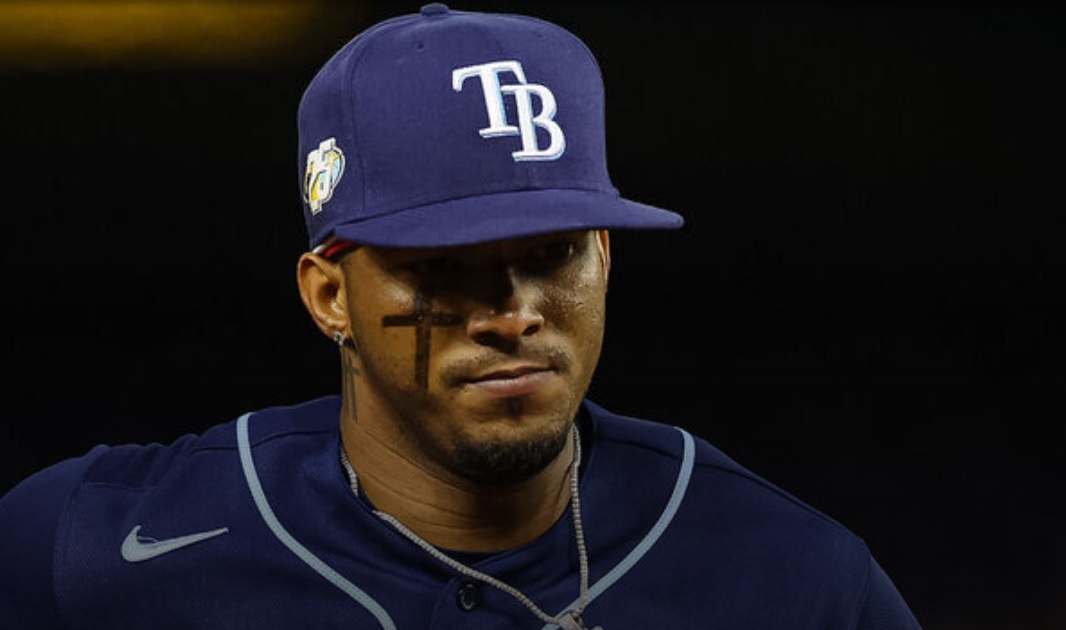
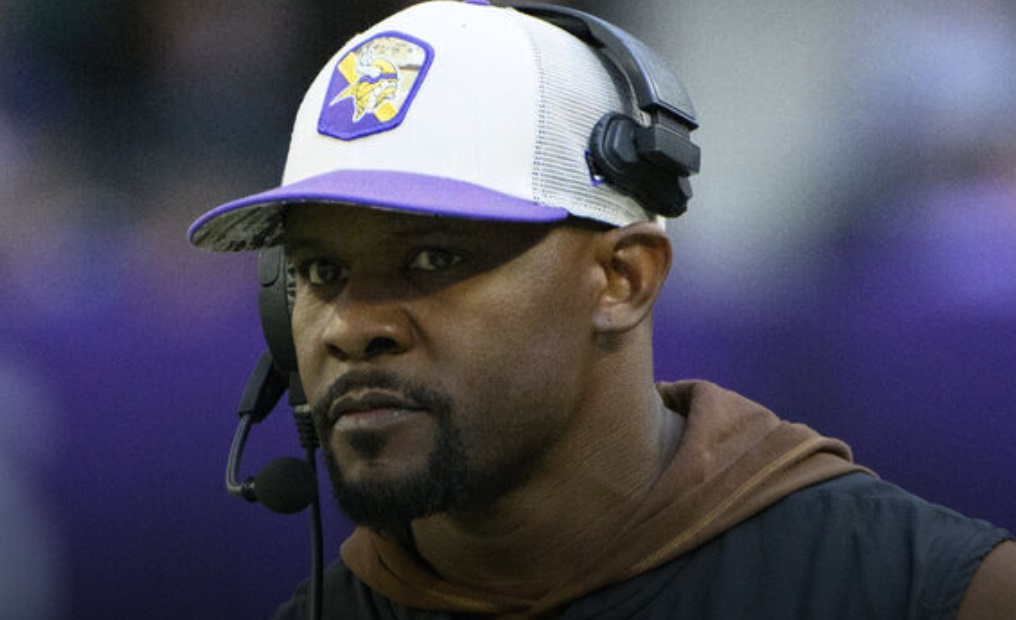

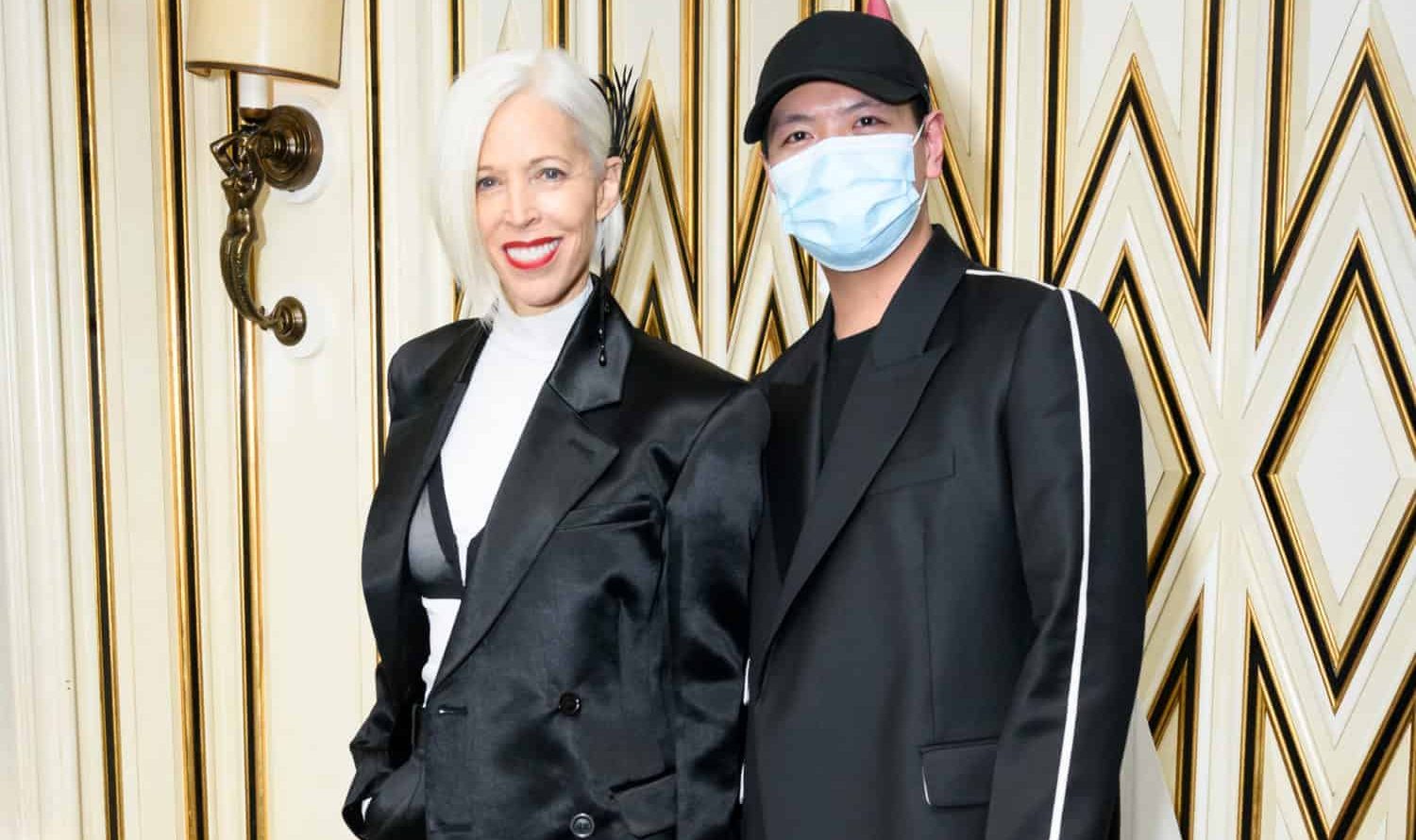

:quality(85):upscale()/2024/11/13/790/n/1922564/c0ad2b806734e8c87b1ee9.61099793_.jpg)
